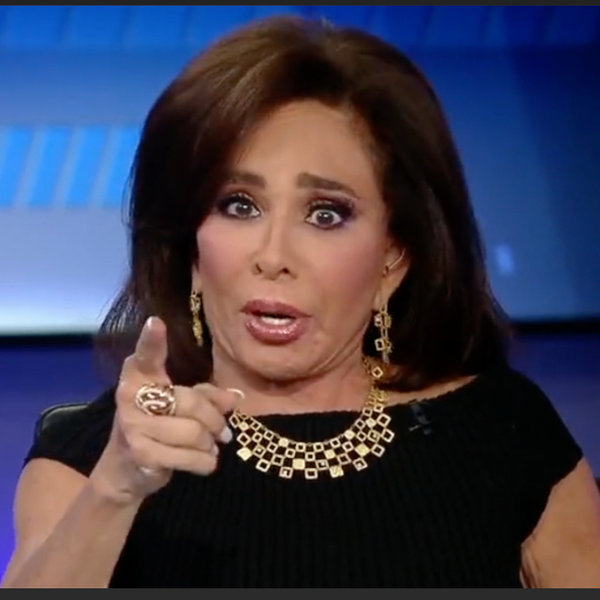Presidential Candidate Bush Wants Increased U.S. Presence On Ground In Iraq

By Steve Holland
CHARLESTON, S.C. (Reuters) — Republican presidential candidate Jeb Bush called for an increased U.S. troop presence on the ground in Iraq as part of a global coalition to fight Islamic State militants, shifting to a more hawkish stance in response to the Paris attacks.
Bush’s decision, which will inevitably lead to comparisons with the 2003 U.S.-led invasion of Iraq ordered by his brother, then-President George W. Bush, was reached after the attacks in Paris, where 129 people were killed by gunfire and bombs.
“Radical Islamic terrorists have declared war on the Western world. Their aim is our total destruction,” Bush told a conference hall filled with gray-uniformed cadets at The Citadel, a military college in Charleston. “We can’t withdraw from this threat, or negotiate with it. We have but one choice: to defeat it.”
Struggling to break into the top tier of candidates in the Republican field with Donald Trump and Ben Carson, Bush used an expansive national security address to present himself as ready to be commander in chief. With terrorism of greater concern now to Americans, Bush said the Paris attacks are a reminder that “we are living in serious times that require serious leadership.”
Bush was vague on how many ground troops the United States should contribute to an international coalition that he says he would build if elected president next November.
President Barack Obama has relied heavily on U.S. air strikes against Islamic State in Iraq and Syria but recently sent 50 more special operations forces to help identify targets. He has said a massive reintroduction of U.S. ground troops in Iraq would be a mistake.
While air power is essential, it is not enough, said Bush, who counts as his foreign policy advisers a number of figures from his brother’s administration.
“The United States – in conjunction with our NATO allies and more Arab partners – will need to increase our presence on the ground,” he said.
The effort will require “overwhelming force,” Bush said, to take out Islamic State’s self-proclaimed caliphate in parts of Syria and Iraq.
The scope of any increased U.S. presence should be in line with what U.S. generals recommend, and the bulk of the ground troops should come from “local forces that we have built workable relationships with,” Bush said.
Getting sufficient numbers of local forces combat-ready poses difficulties for whoever undertakes the effort. Bush’s brother encountered difficulties in training Iraqi forces to take over from the American presence, and Obama’s program of training Syrian rebels collapsed in failure.
Iraq is a sensitive subject for Bush, given that both his brother and his father, former President George H.W. Bush, invaded the country.
He also toughened his stance on whether to accept as many as 10,000 Syrian refugees amid fears the United States could unwittingly import militants. Bush told Fox News there should be a pause in the refugee resettlement program.
Bush is eager to make an impact in a Republican race that in some respects has been leaving him behind. He is in single digits in many opinion polls, with Republican voters more enthusiastic about non-politician candidates Donald Trump and Ben Carson.
Bush’s belief is that voters eventually will come around to a serious, policy-minded candidate like him but with the Iowa caucuses kicking off the 2016 election season on Feb. 1, his plan has not helped him in polls.
A Reuters-Ipsos poll found on Tuesday that 33 percent of Republican voters felt Trump would be the strongest candidate to deal with terrorism, followed by Senator Marco Rubio of Florida at 17 percent. Carson and Bush were tied at about 9 percent.
(Reporting By Steve Holland; Editing by Edmund Klamann, Bill Trott and Jonathan Oatis)
Photo: Republican U.S. presidential candidate Jeb Bush speaks about his plans for the U.S. military at The Citadel, The Military College of South Carolina in Charleston, South Carolina November 18, 2015. REUTERS/Joshua Drake








